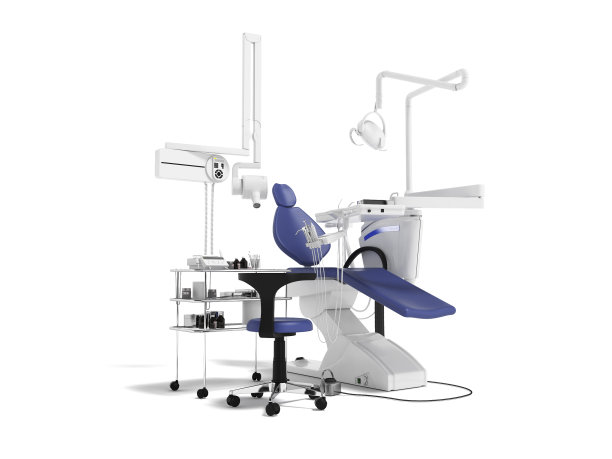Essential Safety Measures to Ensure Successful Outcomes in Root Canal Treatment for Optimal Oral Health
Summary: Root canal treatment is essential for preserving teeth affected by decay or damage. To achieve optimal oral health and successful outcomes, certain safety measures must be implemented during the procedure. This article outlines four crucial aspects: the role of advanced technologies, effective sterilization techniques, adequate patient assessment, and post-treatment care. Each of these elements contributes to a streamlined process that minimizes discomfort and maximizes the likelihood of success. Understanding the significance of these measures empowers both dental professionals and patients, leading to improved experiences and outcomes in root canal treatments.
1. Importance of Advanced Technologies in Treatment

Utilizing cutting-edge technologies greatly enhances the effectiveness of root canal treatment. Digital imaging, such as Cone Beam Computed Tomography (CBCT), provides three-dimensional views of the tooth anatomy, enabling dentists to identify complex canal systems that may otherwise go unrecognized. Accurate mapping allows for better cleaning and shaping of the canals, reducing the risk of infection post-treatment.
In addition to imaging, the use of rotary endodontic instruments has revolutionized canal preparation. These instruments facilitate efficient removal of infected tissue while minimizing procedural time. As a result, patients experience less discomfort and anxiety, which further contributes to a positive outcome.
Moreover, employing an operating microscope during the procedure enhances visibility, allowing endodontists to detect calcified canals or fractures that require careful attention. This precision reduces the likelihood of complications, ensuring a more successful treatment overall.
2. Effective Sterilization Techniques for Safety
Ensuring the sterilization of dental instruments and the treatment environment is a non-negotiable aspect of root canal treatment. Proper sterilization techniques drastically diminish the chances of infection during and after the procedure. Dentists adhere to strict guidelines for the disinfection of instruments, including autoclaving, to kill microbial pathogens effectively.
Furthermore, employing single-use items where possible, such as syringes and gloves, adds an additional layer of safety. By minimizing the risk of cross-contamination, dental professionals can protect both themselves and their patients from potential infections.
A clean and sterile environment contributes significantly to a successful root canal. Regular cleaning and disinfection of treatment areas ensure that no external contaminants interfere with the procedure. Patients can feel more at ease knowing that their dental care provider prioritizes hygiene.
3. Adequate Patient Assessment for Better Outcomes
Comprehensive patient assessment before a root canal procedure is crucial for laying the groundwork for success. A thorough examination helps determine the extent of the dental issue, including any pre-existing conditions that may impact treatment. Gathering detailed medical history allows practitioners to provide tailored care that addresses each patient’s unique needs.
Before the treatment, a proper diagnosis through clinical examination and imaging studies ensures that the treatment plan is accurate and effective. This tailored approach helps in anticipating complications and preparing accordingly, increasing the likelihood of positive results.
Additionally, discussing the procedure with patients, including potential risks and benefits, fosters trust and understanding. Educated patients who have realistic expectations tend to experience less anxiety, leading to a smoother treatment process. This engagement ensures a collaborative effort between the patient and the dentist, enhancing overall satisfaction.
4. Post-Treatment Care for Long-Term Success
Post-treatment care is an integral component of successful root canal outcomes. After the procedure, dentists often provide patients with guidelines on managing pain and preventing infection. Adhering to prescribed medications and follow-up appointments significantly contributes to recovery.
Furthermore, dentists may recommend avoiding certain foods or activities that could jeopardize the treatment area. Reinforcing the importance of maintaining good oral hygiene habits aids in preventing further issues from arising, ensuring the longevity of the treated tooth.
Ongoing monitoring and scheduled follow-up visits allow dentists to address any complications early on, further ensuring that the treatment stands the test of time. Patients empowered with knowledge and resources are better equipped to maintain their oral health after undergoing root canal treatment.
Summary:
In conclusion, the success of root canal treatment lies in the implementation of essential safety measures encompassing advanced technologies, effective sterilization, comprehensive patient assessment, and diligent post-treatment care. Each aspect plays a crucial role in enhancing patient experience and promoting optimal oral health.
This article is compiled by Vickong Dental and the content is for reference only.



